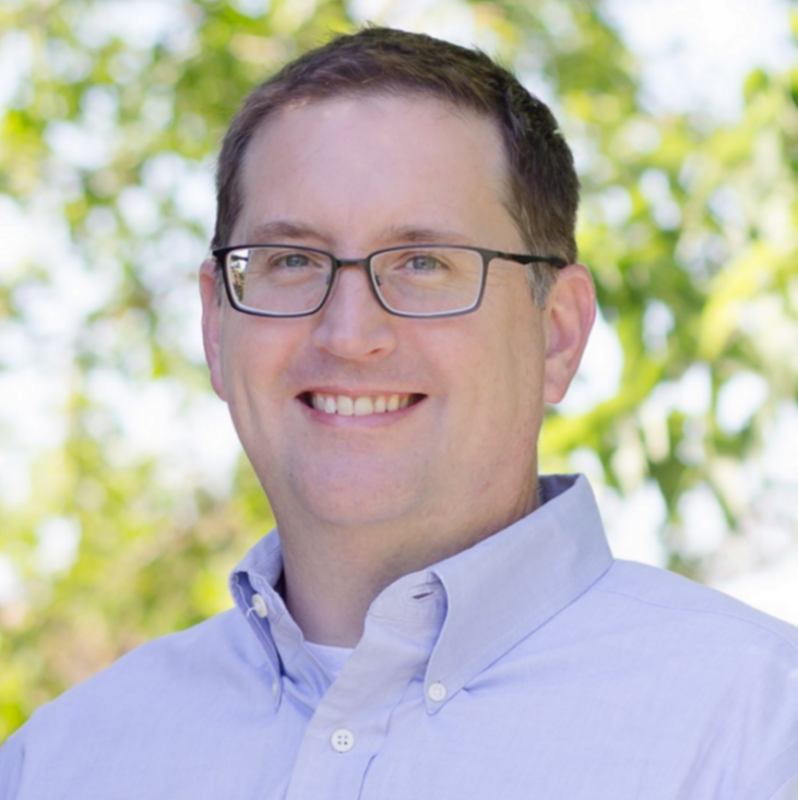Listen to episodes featuring Neal Hutchens:
Making the Complex Accessible
by Neal Hutchens
Professor in the Department of Educational Policy Studies and Evaluation
University of Kentucky
One of the aspects that I really appreciate about FreshEd is that it lets me not only learn about topics in my specific scholarly area but also explore and learn about ideas and issues with which I am less familiar. Especially when encountering topics that are new ground for me, I really appreciate how FreshEd brings in smart and talented people to talk about their work in such an accessible and engaging way. With so many outstanding episodes, identifying “favorites” is an almost impossible task, but I’ve selected three episodes that highlight why FreshEd is a can’t-miss listen for me.
The issue of student higher education loan debt is a heated topic in the United States. I came away from the episode with Elizabeth Tandy Shermer wishing that everyone could listen to her (and read her book) about how individuals in the U.S. now owe more than $1.7 trillion in student loan debt. In this episode, Shermer takes on some of the “mythology” around programs like the GI Bill that actually ended up helping to set the stage for the current student loan crisis. Listening to this episode helped me learn much about a topic that I already felt I was somewhat knowledgeable.
The episode with journalist Maria Ressa—2021 Nobel Prize Winner and founder of the news platform Rappler—brings into sharp focus the threats and challenges coming from disinformation and misinformation on social media. The episode offers thought-provoking commentary on how social media has allowed forces of disinformation and propaganda disguised as fact to easily cross borders and threaten human rights and democratic values. Ressa identifies education as the long-term solution to combat misinformation and disinformation, but she calls on social media companies—which Ressa argues have forms of power greater in many ways than national governments—to play a more significant role in dealing with these threats. The episode highlights how FreshEd helps listeners contemplate potential ways that education can address pressing global concerns.
The episode with Tim Jackson on how metaphors help to shape and constrain the ways in which we see and interpret the world is fascinating. The conversation focuses on how metaphors related to capitalism and concepts like economic growth exert a dominant role in many nations. This reliance is often to the detriment of other ways of thinking about life and society. As we encounter the realities of global warming, new metaphors and new ways of imagining life and the world are essential to help confront the harmful impacts of climate change. Additionally, I found the concept of thinking about how existing metaphors can shape and limit our imagination in the context of education to be a compelling takeaway from this conversation. This episode, like so many on FreshEd, helped me learn and think about things in new ways.
December 1, 2022






